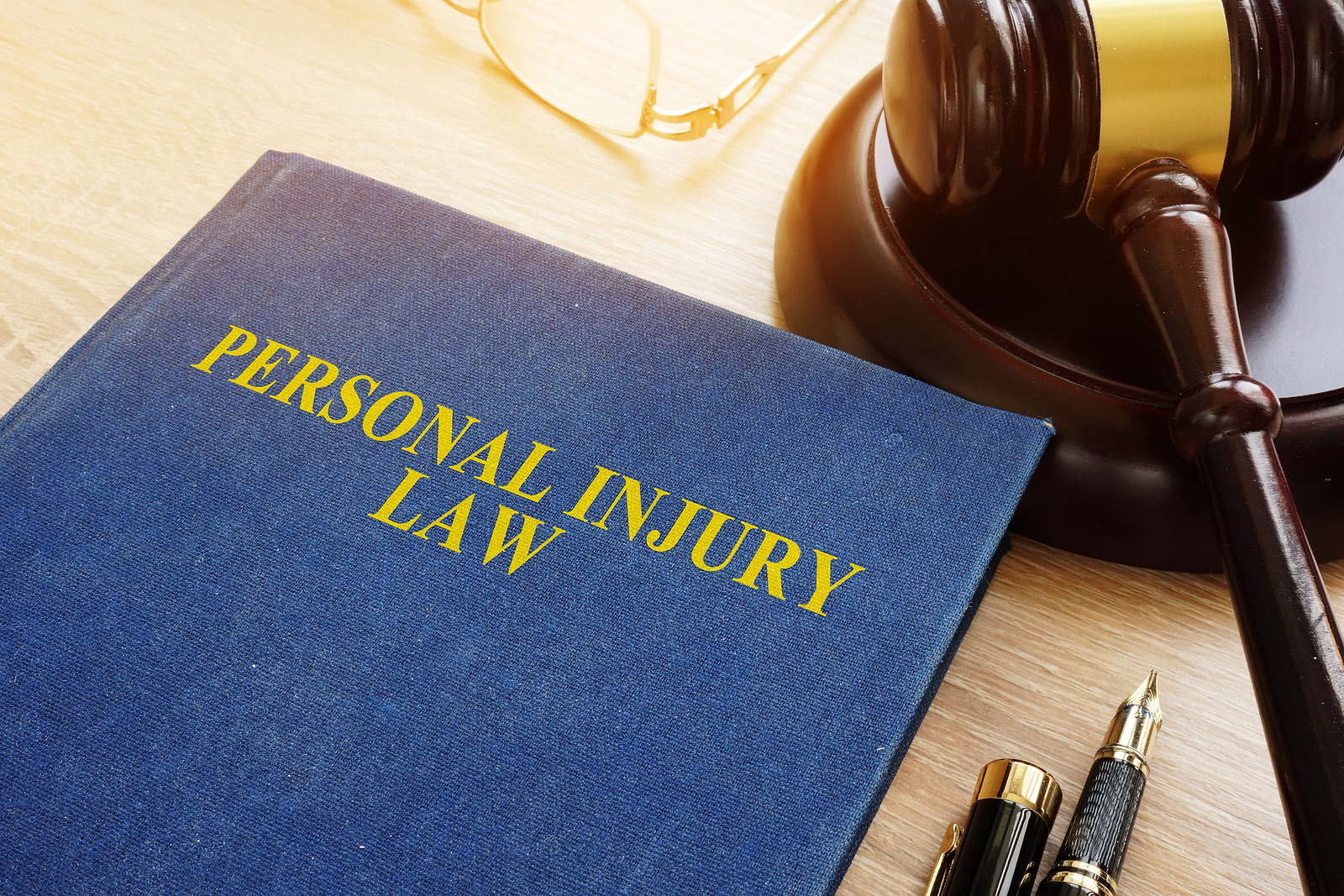Understanding Key Terms in Personal Injury Law

Experiencing an injury due to someone else's actions can be a fraught and overwhelming time, particularly when attempting to wrap your head around the legal terms involved in the process. Here's an overview of essential terms you'll encounter as you navigate the path to justice.
Damages
Damages are the monetary compensation sought or awarded in a personal injury case. They fall into three categories:
- Economic Damages: Quantifiable losses like medical bills, lost wages, and property damage.
- Non-Economic Damages: Intangible losses such as pain, suffering, and emotional distress.
- Punitive Damages: Awarded in cases of particularly egregious conduct to punish the defendant and deter similar actions.
Liability
Liability refers to the legal responsibility for one's actions or omissions. In personal injury cases, determining who is liable helps establish who should compensate the injured party.
Negligence
Negligence occurs when an individual fails to exercise the care that a reasonably prudent person would in similar circumstances, leading to another person's injury. In personal injury cases, establishing negligence is crucial to determine liability.
Comparative Negligence
Comparative negligence is a legal doctrine that reduces the plaintiff's damages award by the percentage of fault attributed to them. For instance, if you're found 20% at fault for an accident and awarded $10,000, you would receive $8,000. Understanding this concept helps set realistic expectations about the outcome of your case.
Statute of Limitations
The statute of limitations is the time limit within which a lawsuit must be filed. If you miss this deadline, you may lose your right to pursue a claim. It's essential to consult with an attorney promptly after an injury to ensure you don't miss this critical timeframe.
Personal Injury Protection (PIP)
Personal Injury Protection (PIP) is a form of insurance coverage that pays for medical expenses and, in some cases, lost wages and other damages, regardless of who was at fault in the accident. It's often referred to as "no-fault" insurance.
Proximate Cause
Proximate cause is an event deemed by law to be the effective cause of an injury. It's a key principle in determining whether a defendant's actions are closely enough related to the injury to hold them legally responsible.
Tort
A tort is a wrongful act or violation of someone's rights that leads to civil legal liability. Personal injury cases are a type of tort law, where the injured party seeks compensation for their losses.
Understanding these terms is key for anyone involved in a personal injury case. If you have questions or need assistance, reach out to our team to discuss the complexities of your specific situation with a qualified personal injury attorney.
